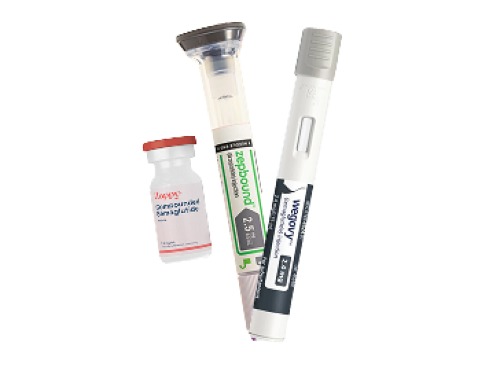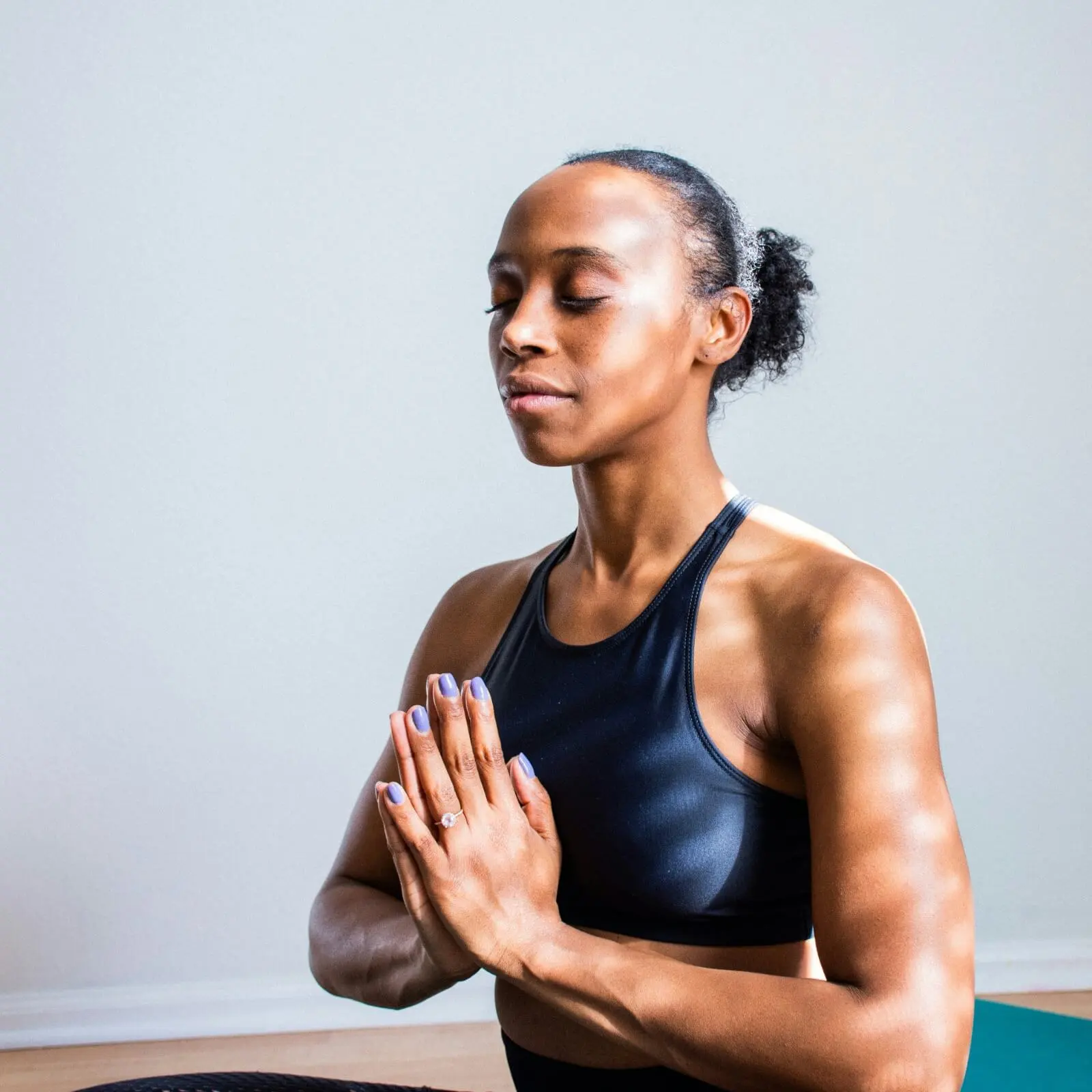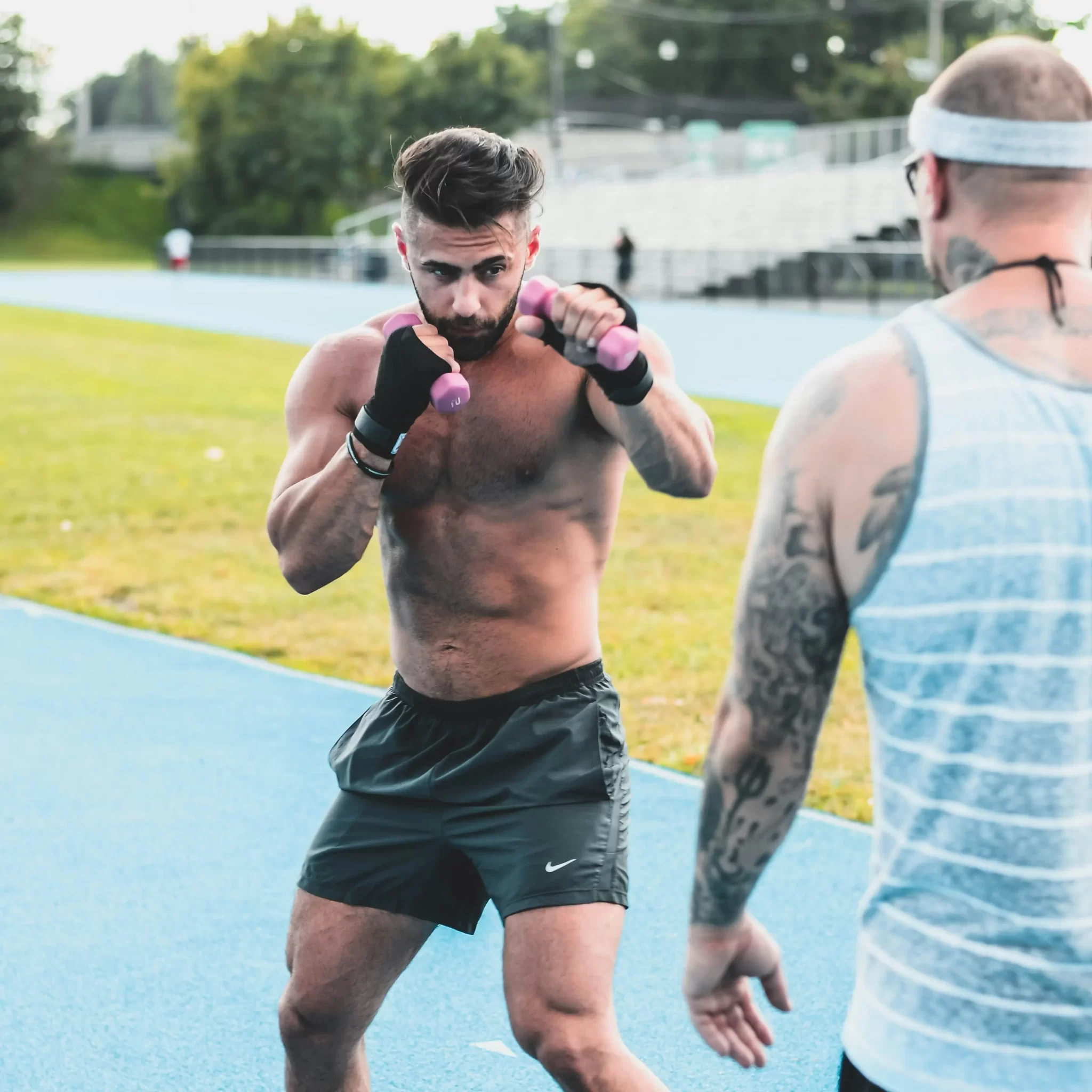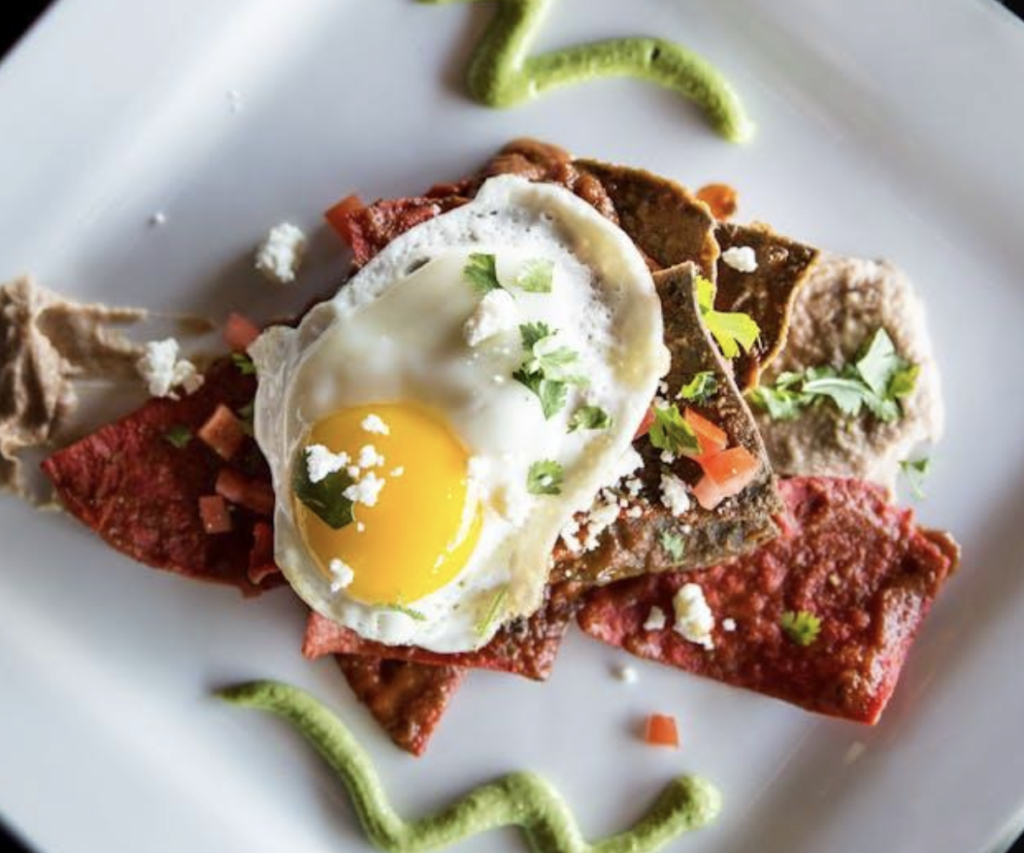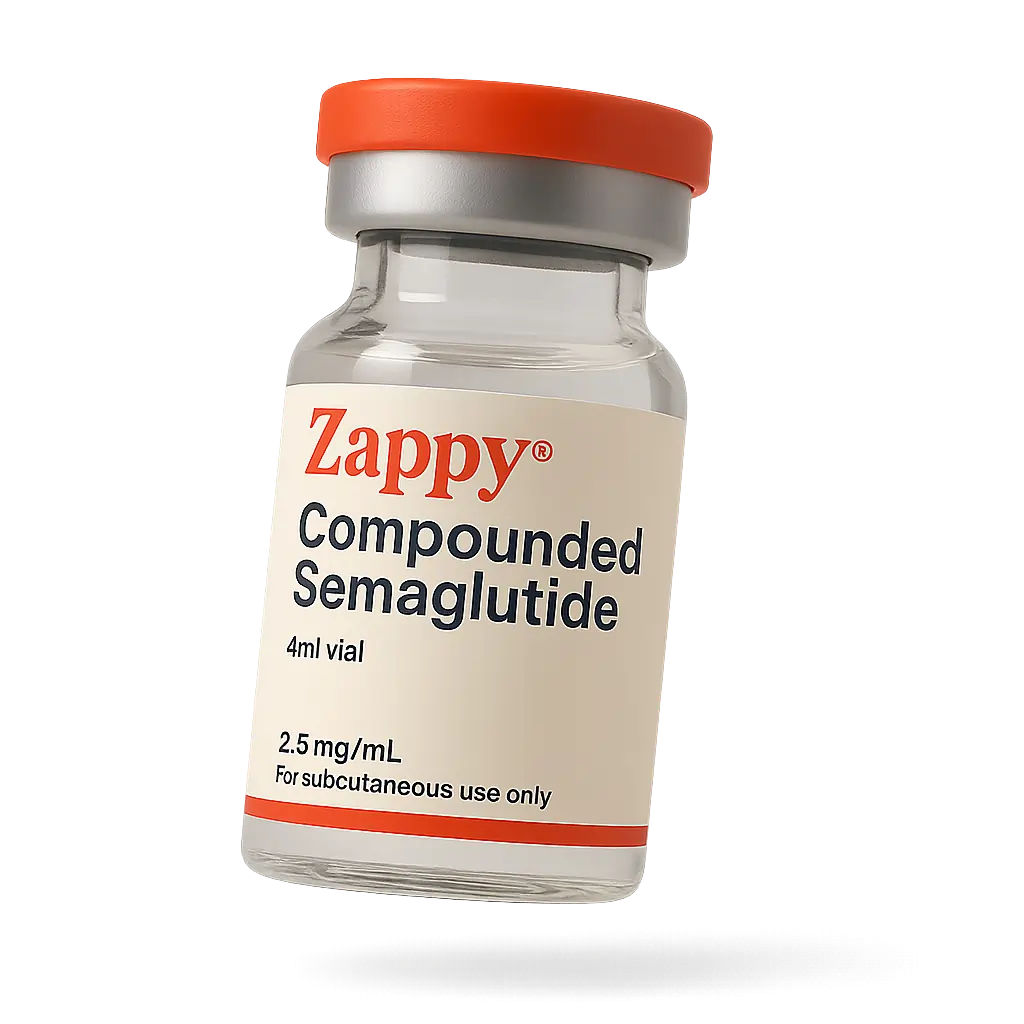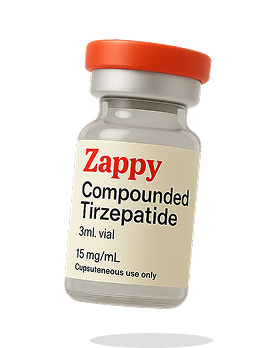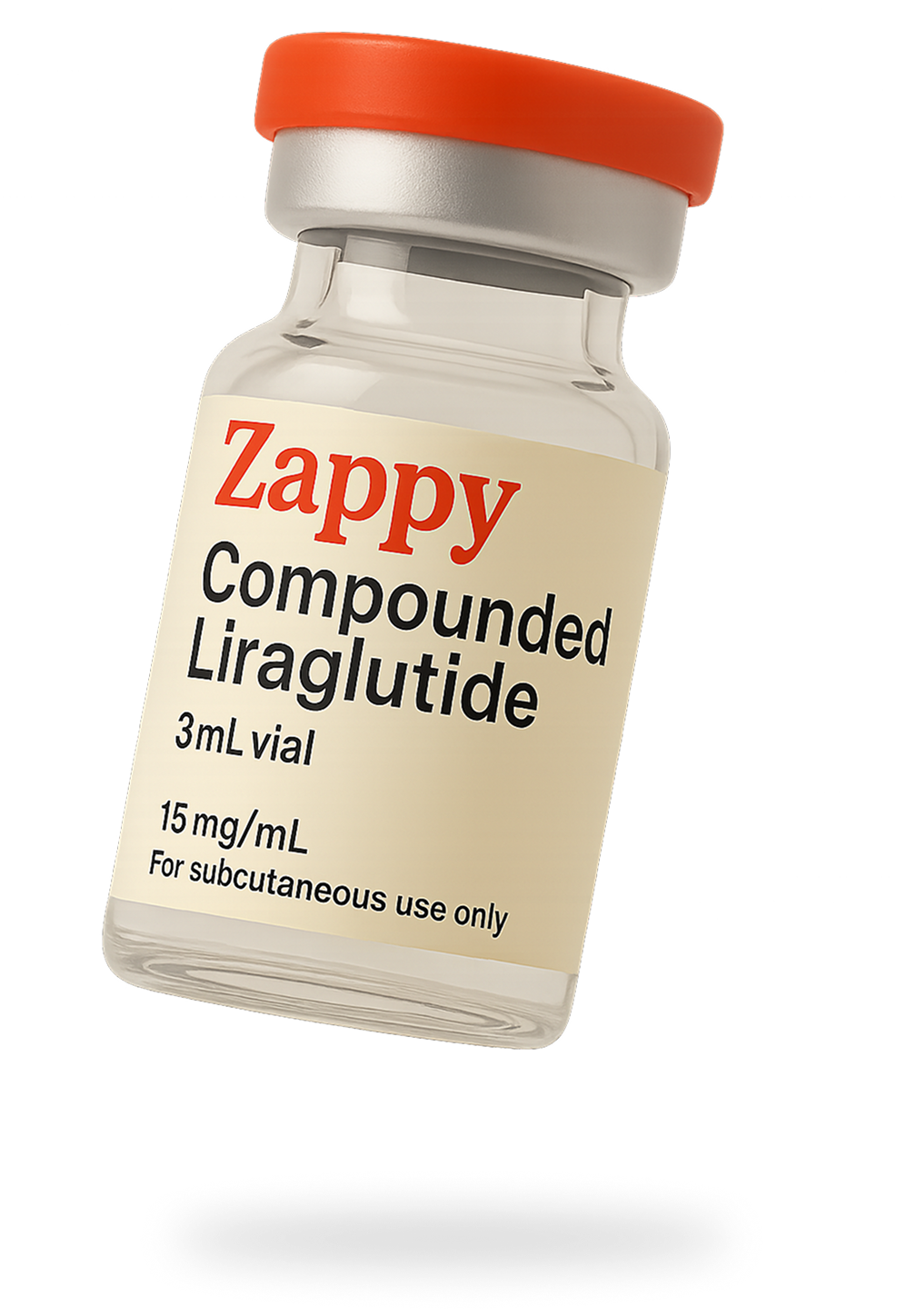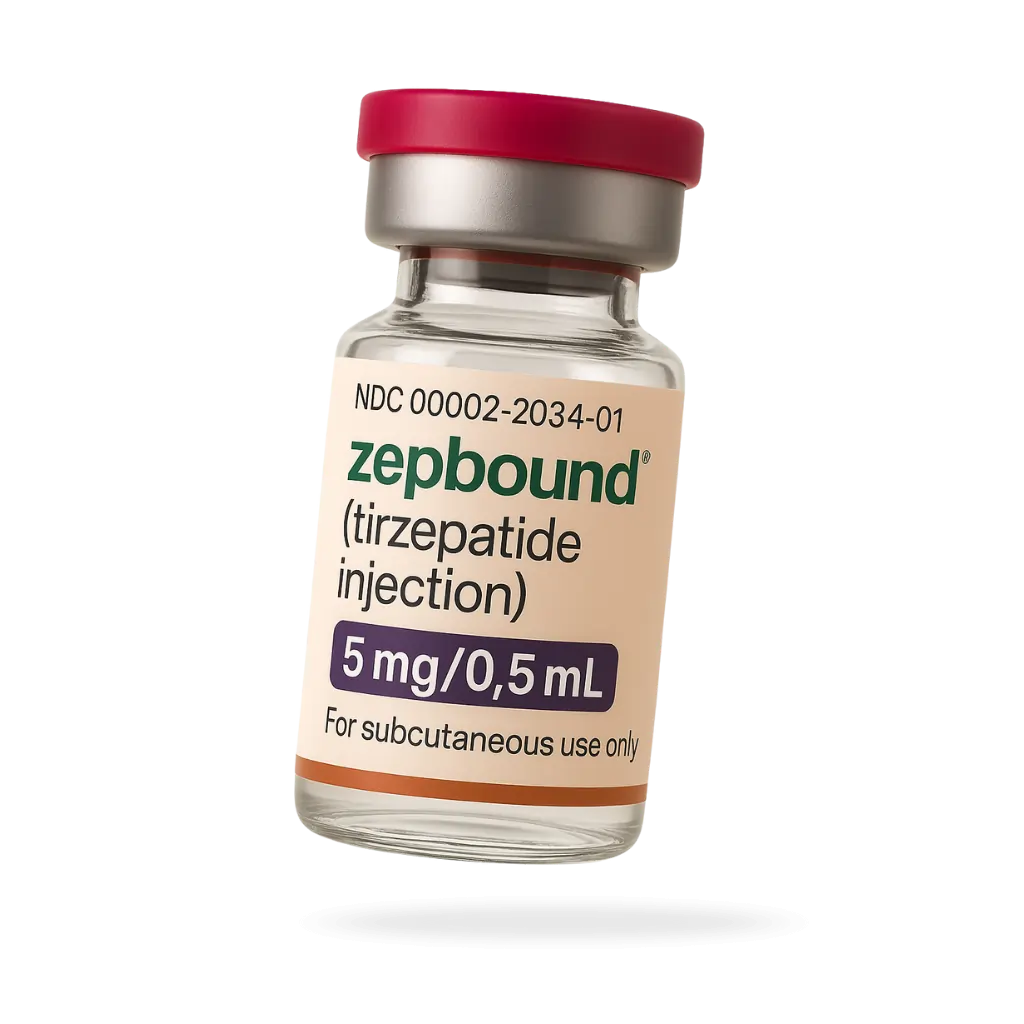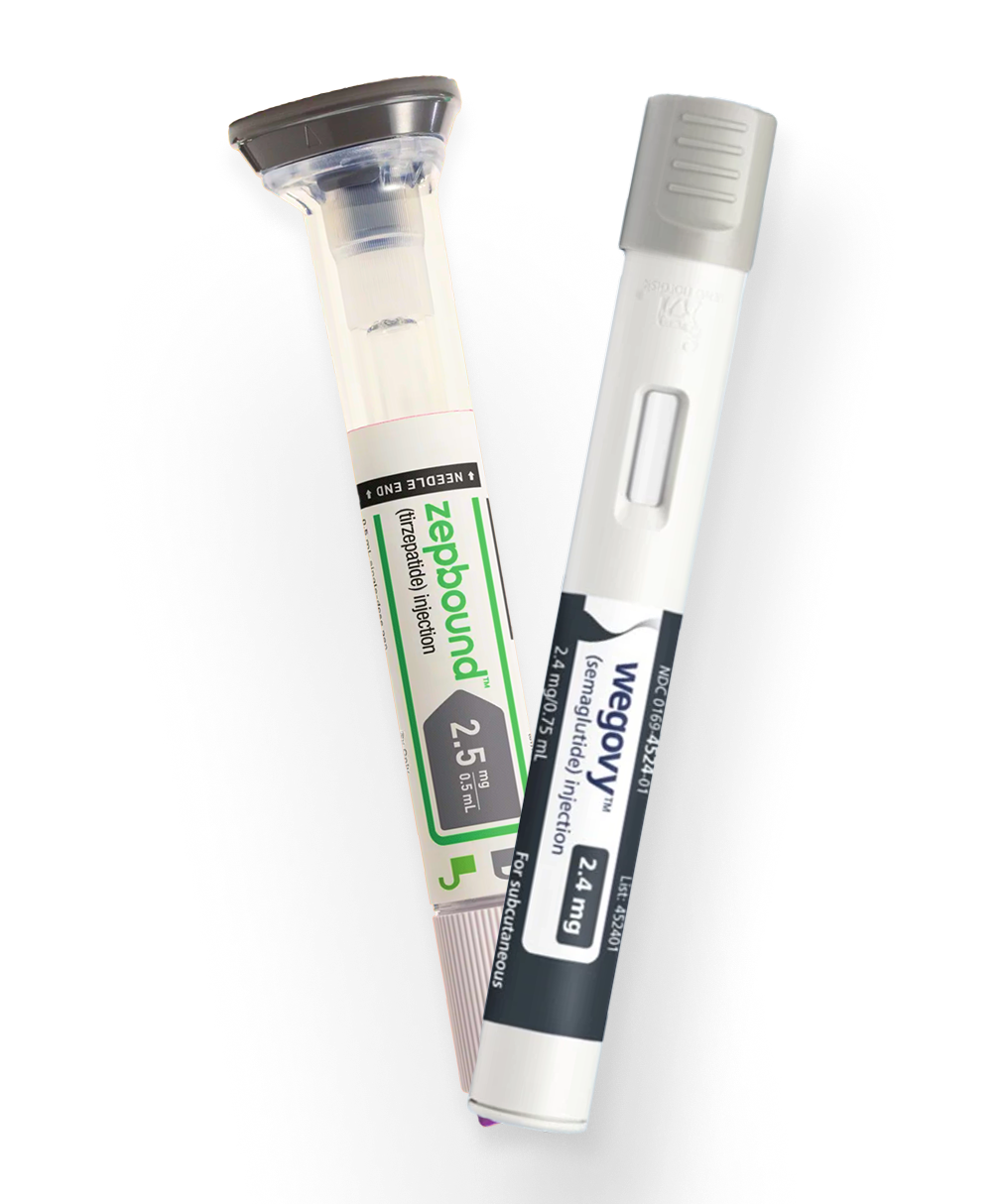Introduction
Do you think diet and hair loss have something in common? Does bad diet cause hair loss? If your answer to both questions is “Yes”, then you are correct. There are certain nutrients you deprive yourself of when you are not eating a balanced diet. These nutrients are responsible for supporting healthy hair growth. The absence of these nutrients ignites a systemic response that leads to hair thinning, hair loss, or poor-quality of hair. Although genetics, age, environment, medications, and gender play some roles in hair loss, your hair grows well by obtaining some essential nutrients directly from eating balanced diets. These nutrients include: proteins, vitamins and minerals.
How Diet Impacts Hair Growth and Loss
Human hair is majorly made up of a protein called Keratin. This protein, pigments, fats, vitamins, minerals, and water provides adequate support for quality hair growth.
-
Water
Proper hydration is very essential for hair growth. If you are always dehydrated following crash diets for weight loss, there is a higher possibility for you to experience hair loss. That is because about 25% of the hair is made up of water. Water serves to transport nutrients to the hair. Also, hair cells need water for flexibility and strength. Without enough water, the hair dries up, becomes brittle, and breaks up.
-
Protein
Since protein is the building block of the hair, eating meals rich in protein will provide you with enough supply for healthy hair growth and support. The particular proteins that perform this function are keratin and collagen. Keratin is the major protein that makes up human hair while collagen provides the structure to support hair growth.

-
Carbohydrates
The process of hair growth requires energy. This energy comes from carbohydrates. When you have adequate carbohydrates in your body, the hair cells will have the necessary energy needed for hair formation.
-
Fats
Omega 6 and Omega 3 are the essential fatty acids that support your hair and scalp. You can get them naturally from your meals. Ignoring meals that are rich in these fatty acids can lead to hair loss.
-
Minerals
Several minerals support your hair. These minerals include:
- Zinc: for hair growth and repairs.
- Calcium: transports essential nutrients to the scalp and hair, supports hair follicle health, and promotes the growth of hair.
- Iron: transports oxygen into hair follicles.
- Potassium: regulates fluid balance, promotes blood supply to the scalp, and transports other nutrients to the scalp for hair growth.
- Selenium: antioxidant that protects the hair.
-
Vitamins
- Vitamin A: promotes sebum production.
- Vitamin B complex: improves the circulation of blood into the scalp, strengthens hair, supports hair growth, and prevents hair loss.
- Vitamin C: serves as an antioxidant preventing hair loss, and promotes absorption of other vitamins and minerals into the hair.
- Vitamin D: regulates the cycling of hair follicles, a process necessary for the growth of new hair.
- Vitamin E: Another antioxidant that protects your hair follicle.
- Vitamin K: Transports other minerals, such as calcium, that support the hair.
When your diet is constantly deficient in one or more of these essential nutrients meant to provide support, it will disrupt the hair growth cycle. As a result, your hair starts thinning, breaking, or shedding.
Key Nutritional Deficiencies That Cause Hair Loss
From the essential nutrients responsible for healthy hair as explained above, below are deficiencies that can lead to hair loss:
- Protein deficiency: A deficiency of this major building block of the hair causes hair loss.
- Vitamin D deficiency: Low vitamin D means no hair cycling or no new hair growth.
- Zinc deficiency: That means no repairs of worn hair tissue.
- Biotin deficiency: Poor hair strength.
- Vitamin C deficiency: Causes oxidative stress on the hair and thinning.
- Iron deficiency: Poor transport of oxygen into hair follicles leading to hair loss.
- Magnesium deficiency: Disrupts the production of hair follicles and hair growth.
- Vitamin E deficiency: Oxidative stress on the hair, scalp inflammation, and hair loss.
- Vitamin B7 or Biotin deficiency: Poor metabolism of protein, fat and carbohydrates meant to support the hair.
- Omega 3 deficiency: Scalp inflammation, poor hair follicles and hair loss.
- Selenium deficiency: Oxidative stress on the hair, poor hair follicles and scalp inflammation.
- Vitamin B12 deficiency: Slow growth of the hair on the scalp and excessive shedding of hair.
- Vitamin B2 or Riboflavin deficiency: Poor protein production, hair follicle damage, and hair loss.
Effects of Crash Diets on Hair Health
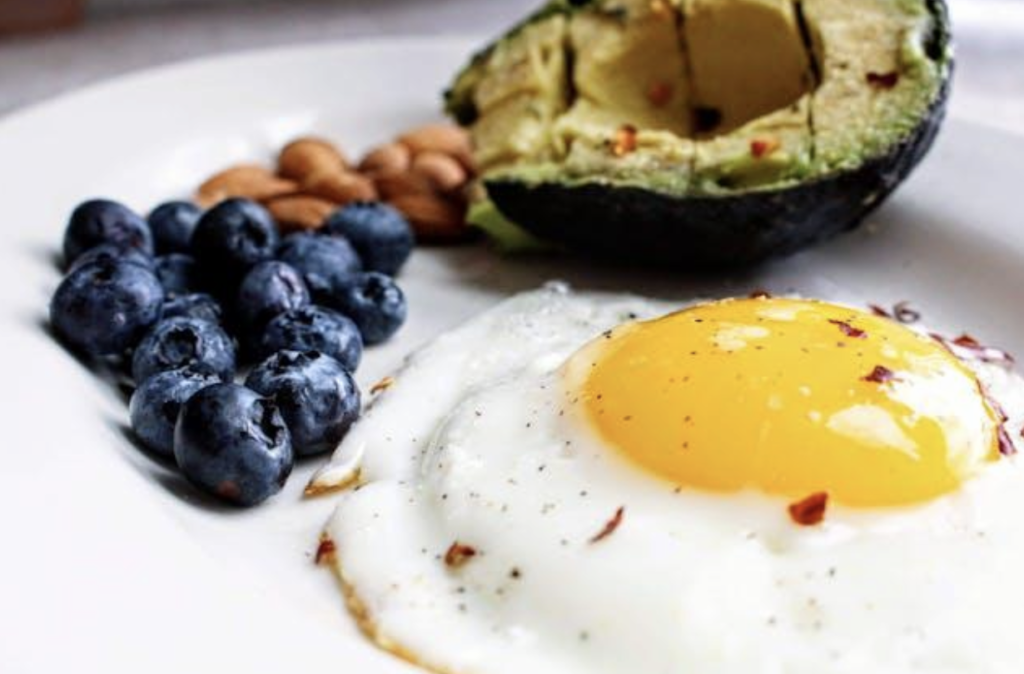
Does the ketogenic diet cause hair loss? Yes, hair loss and keto diet are connected. We will explain how it happens. In a bid to lose weight, people often engage in extreme dieting instead of having adequate nutrition or balanced diets. They believe that by going on restrictive diets, they will achieve caloric deficits which will lead to weight loss. What they don’t know is that, in addition to losing weight, they also have hair loss on keto diet. Such hair loss is termed telogen effluvium: a temporary hair loss from malnutrition, hormonal changes, excessive stress, or drugs.
Can poor diet cause hair loss? You can not achieve healthy caloric deficits and weight loss through these extreme diets. Doing so will deprive your body of essential nutrients needed to keep you healthy and alive. At Zappy Health, we encourage our clients to enjoy their balanced diet because it will support a healthy weight loss journey. Doing this also prevents you from experiencing adverse effects of crash diets such as; muscle loss, irritability, anxiety, poor metabolism, hypoglycemia, cardiovascular symptoms, constipation, immunosuppression, nutritional deficiencies, and so on.
Foods That Support Healthy Hair
There are several food items that can support healthy hair. These food items include:
- Nuts
- Fatty fish
- Canola oil
- Oysters
- Eggs
- Leafy greens
- Citrus
- Sweet potatoes
- Carrots
- Milk
- Soybeans
- Meat
- Berry
- Chia seeds
Lifestyle Tips to Enhance Hair Through Nutrition
- If you are experiencing thinning or shedding hair, you may benefit from always eating a balanced diet. Try a variety of diets and nutrients that support healthy hair. Your diet should be rich in essential fatty acids, proteins, minerals and vitamins.
- Drink enough water daily as this will keep you hydrated and provide enough water to support your hair. Your scalp also needs adequate water to prevent drying and hair breakage.
- Avoid going on fad diets. These diets deprive you of essential nutrients that support your hair.
- Consult professionals to guide you when creating dietary plans for your weight loss. They will help you develop suitable plans to achieve your goals.
Conclusion
So what is it about diet and hair loss? A quality diet equals quality hair. If you desire healthy hair, you will need to prioritize your nutrition. Ensure that your diets contain all the essential nutrients necessary for maintaining healthy hair. Get most of your nutrients from natural sources instead of relying solely on supplements. No single dietary plan suits all purposes. You will benefit more if you consult a healthcare provider for a personalized dietary plan and advice.
Frequently Asked Questions
-
How Do I Know If My Hair Loss Is Due To Poor Nutrition?
Age, hormonal imbalance, diets, environment, and medications can all cause hair loss. However, there is only one way to know if your hair loss is from poor nutrition. Consult a doctor who will take a detailed medical history, perform a physical examination, and test your blood to assess your nutrient levels. Doing these will help them to know if you have nutrient deficiencies.
-
Will Hair Grow Back After Nutritional Deficiency?
Diet and hair loss are related. Since nutritional deficiency is reversible, your hair will grow back after you correct the deficiency. All you need to do is consult an expert who can help you make the diagnosis and provide appropriate treatment or advice on how you should approach it.

